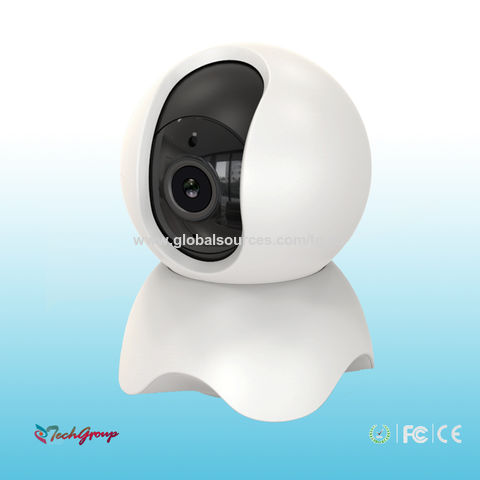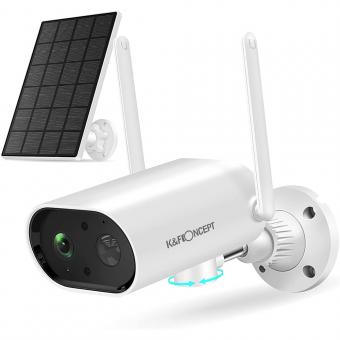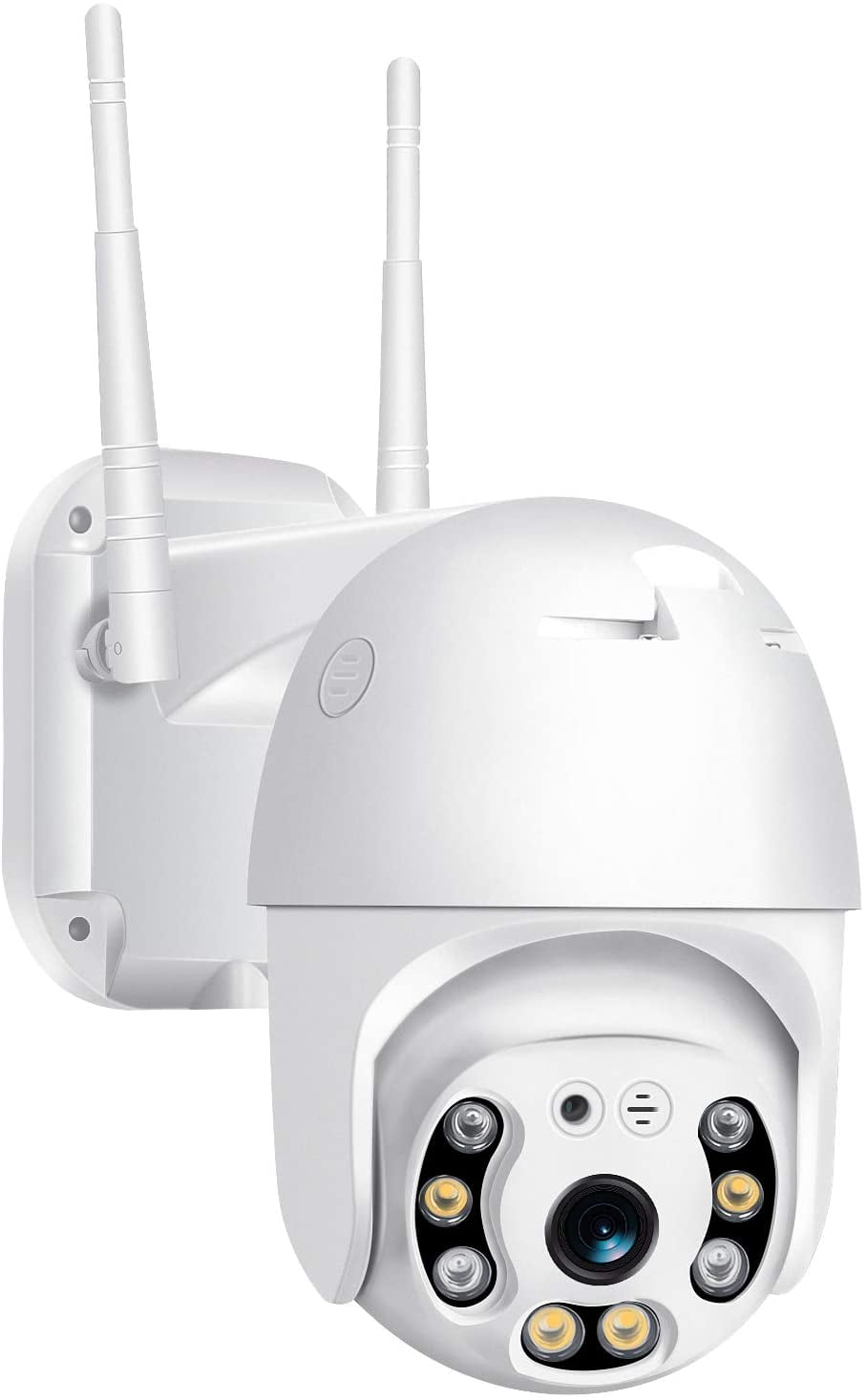

IEEE802.3af can provide maximum power rate is to 15.4 W of DC power (minimum 44V DC and 350mA) to each device. Today, PoE has two standard including IEEE802.3af, and IEEE802.3at. PoE technology enable IP cameras support plug-and-play installation, which greatly reduced the installation procedures, and eliminate the necessity of power cable and supply. As long as your IP camera supports PoE, you just need to connect it to a PoE NVR or PoE switch, then it works. Transmitting both data and power supply over single Ethernet cable (Cat5/6) is the main feature of PoE technology. PoE stands for Power over Ethernet, this isn't a new technology, the first device adopts PoE technology was launched by Cisco in 1999. Such an access point (or hotspot) has a range of about 20 meters (66 feet) indoors and a greater range outdoors. To extend the WiFi coverage or distance, you can install WiFi access point. When WiFi devices are working outdoor without barrier, the transmission distance will be much far.

Typically, a home/office router (TP-Link) can provide WiFi coverage reaches up to 10 meters indoor.

When talking about WiFi coverage, we have many things to consider including power rate of WiFi device, environment (indoor or outdoor) and more. How far does Wi-Fi reach? It's not easy to answer this question. Limited WiFi transmission distance is another problem. So far, I haven't found any IP cameras are able to operate with batteries. But there are two drawbacks on WiFi, which are every electronic devices require power supply, that means your IP camera still requires cable for connection. WiFi can enable IP camera become portable, this is the advantage of WiFi. Obviously, once the IP camera supports WiFi, the camera can connect your router without using hardwired connection. WiFi is a kind of wireless technology that allows network devices transmit data through wireless signal (2.4GHz UHF band, 5GHz SHF band). WiFi or PoE, which is the best? As a senior technician who has four years in video surveillance industry, my answer to this question is PoE is the recommended choice. Before you decide to buy an IP camera or a whole IP camera system, you should analysis the installation environment and investigate which functions you want to achieve.

When you connect the IP camera to your router, you have to choose one of them, either WiFi or PoE. Yes, you can't use both WiFi and PoE at same time. Moreover, it's unnecessary to have both WiFi, and PoE features. Unfortunately, such kind of IP camera is much more expensive than traditional IP camera. If you can get the IP camera that supports both WiFi and PoE, this is great. As one of pioneer digital camera manufacturers, we are providing many types of IP camera which support additional functions such as WiFi wireless connection, PoE, local video storage.etc.


 0 kommentar(er)
0 kommentar(er)
